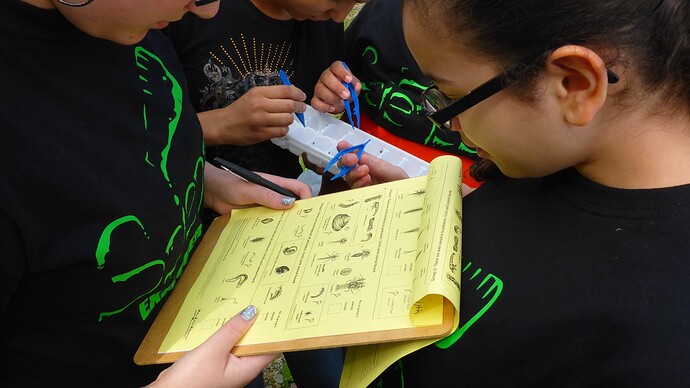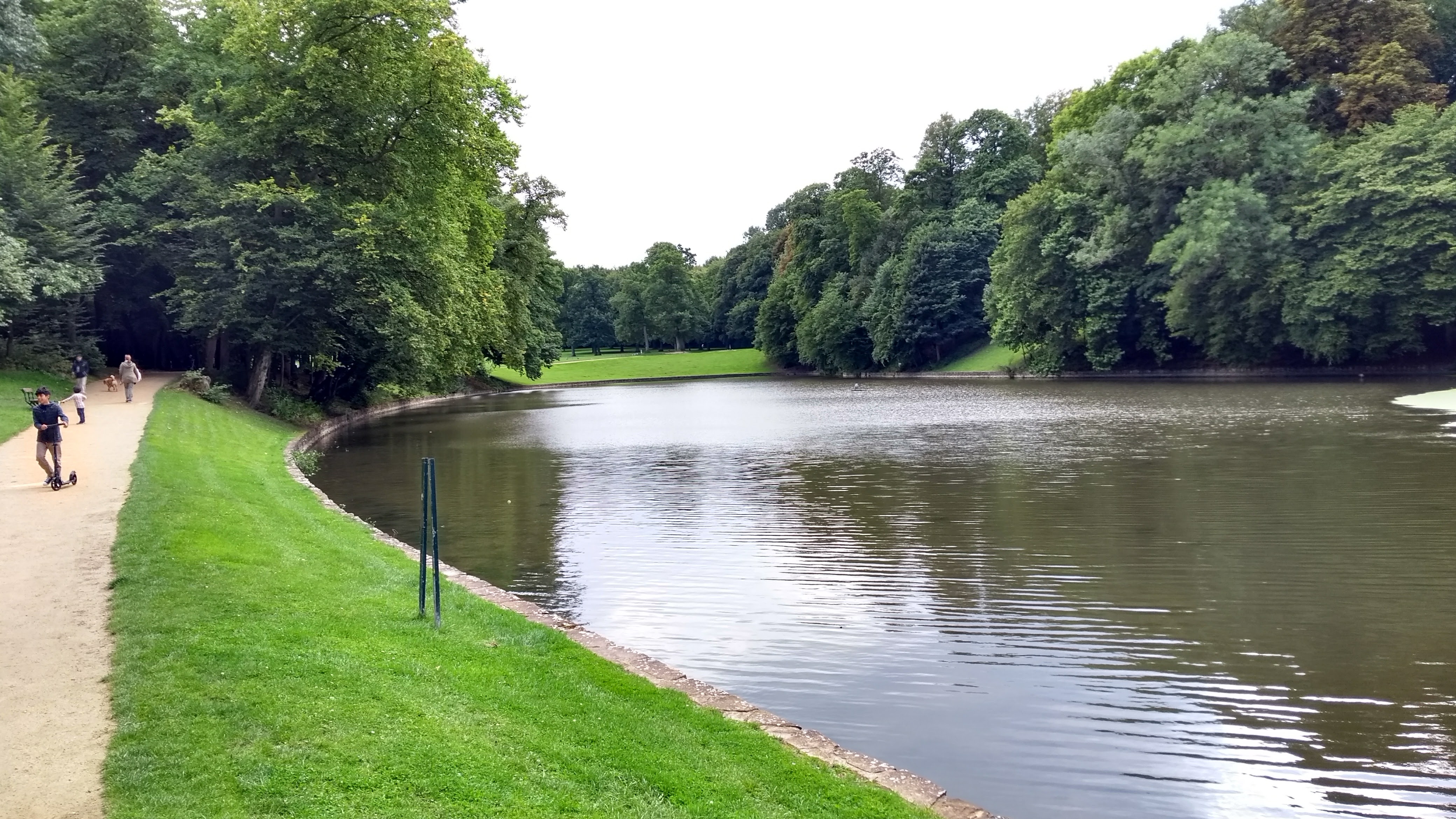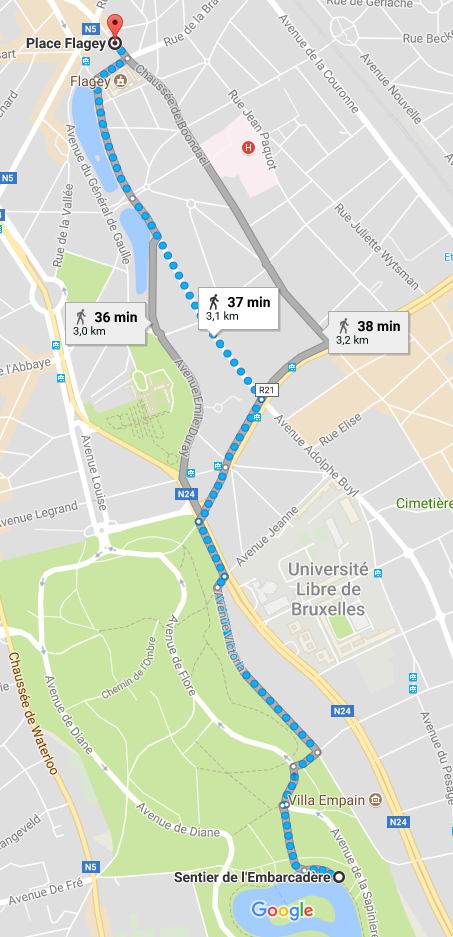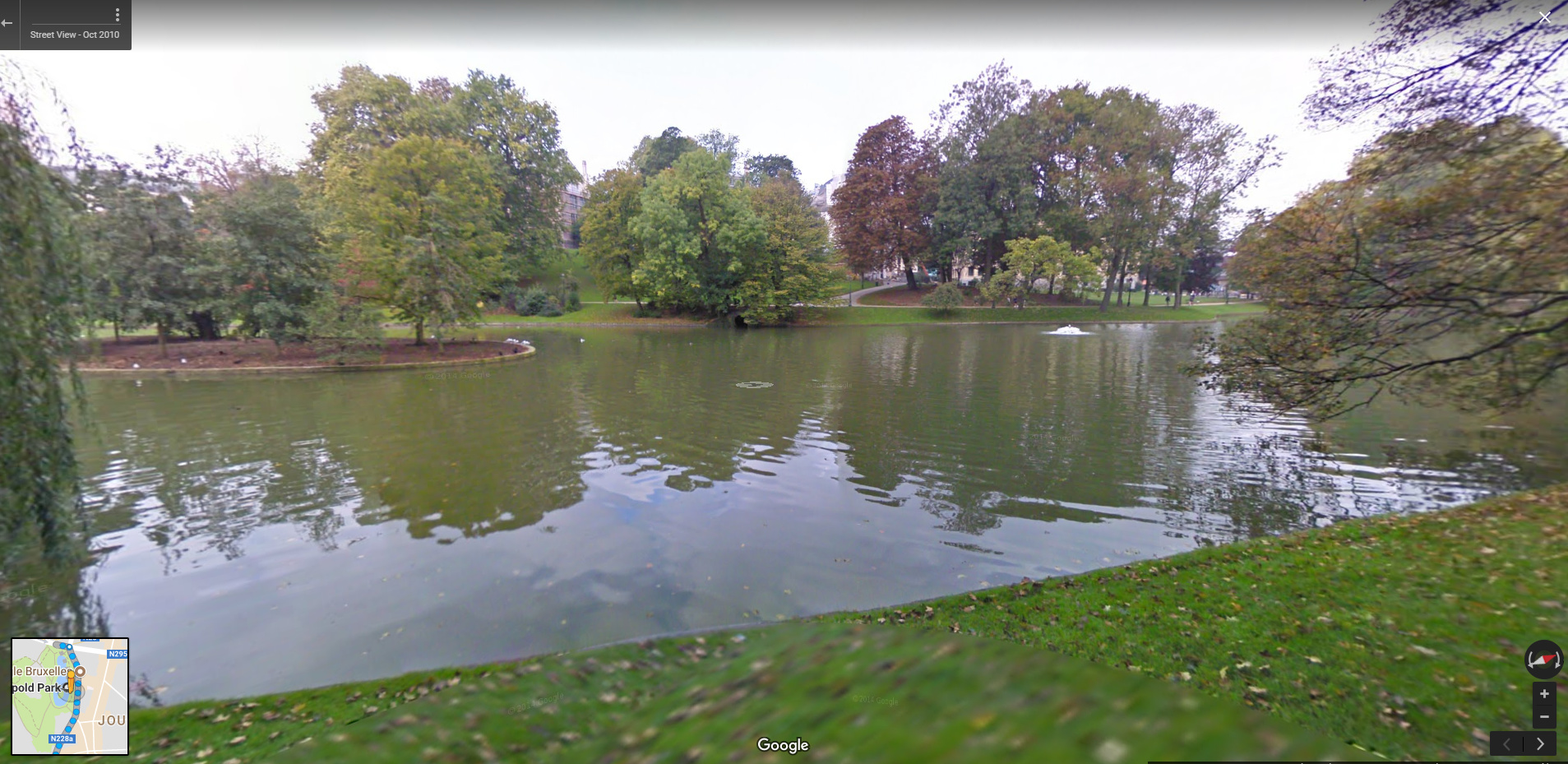For the session I will give a lecture of 40 min on making complex information accessible. It is an active session with visuals, sound and video. After the lecture, there is room for discussion. The movie about water issues at Bagmati River in Kathmandu, Nepal can also be shown, to serve as an example.
Fly fishing is another way of making environmental issues accessible. It also has educational and therapeutic value that has been used in several organizations in the United States to works with individuals recovering from breast cancer or PTSD. It is also used to get children outside and connect them to their environments.
We will do a demo workshop on fly fishing, involving a local school and participants of the festival can also join. The group will go to a body of water close by and learn fly fishing techniques. The fly fishing is also a way into learning about environment, physics, biology and your surroundings.
The session can be supplemented with citizen science research on water quality, through biotic index (measuring water quality through the type and amount of living organisms in the water) or microbiotic activity (measuring the type and amount of micro-organisms).
As the group will be diverse and there are multiple things to do, we’ll work with a rotation, so that everyone gets to do a little of everything.
The session should not be limited to the festival for its impact. It would be good if this format can be reused by other schools. Communicate about it with pictures, videos, etc. beforehand, during and after so that there is a lot of documentation: a mini website.
What we still need for the session:
- People with fishing experience to teach casting techniques
- People who want to facilitate the citizen science experiments
- Fishing rods and reels to borrow
- Help with online presence
An issue I experienced is finding opportunities to let people know that what we are doing. There will probably be others active in similar fields, so a session/workshop that creates a concrete output on this topic to take home would be nice!








